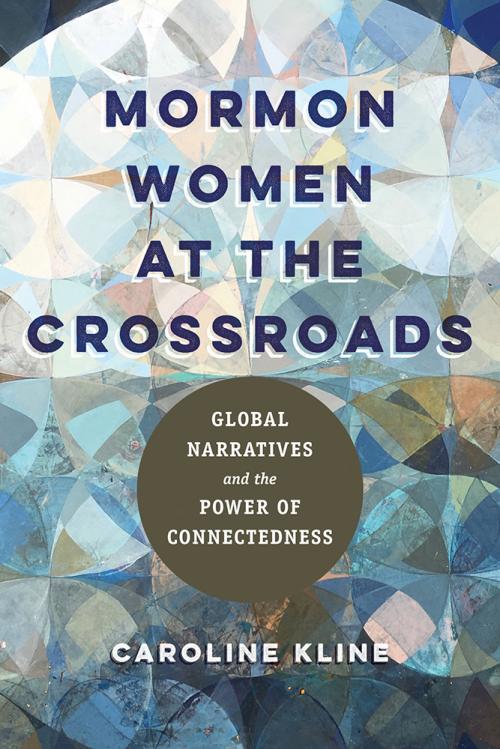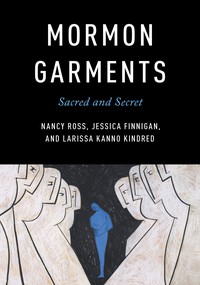
Mormon Women at the Crossroads
Cloth: 06/28/2022
About the Book
The Church of Jesus Christ of Latter-day Saints continues to contend with longstanding tensions surrounding gender and race. Yet women of color in the United States and across the Global South adopt and adapt the faith to their contexts, many sharing the high level of satisfaction expressed by Latter-day Saints in general. Caroline Kline explores the ways Latter-day Saint women of color in Mexico, Botswana, and the United States navigate gender norms, but also how their moral priorities and actions challenge Western feminist assumptions. Kline analyzes these traditional religious women through non-oppressive connectedness, a worldview that blends elements of female empowerment and liberation with a broader focus on fostering positive and productive relationships in different realms. Even as members of a patriarchal institution, the women feel a sense of liberation that empowers them to work against oppression and against alienation from both God and other human beings.Vivid and groundbreaking, Mormon Women at the Crossroads merges interviews with theory to offer a rare discussion of Latter-day Saint women from a global perspective.
About the Author
Caroline Kline is the assistant director of the Center for Global Mormon Studies at Claremont Graduate University.Reviews
"Mormon Women at the Crossroads blends personal stories with theological considerations of women's roles in contemporary Mormonism." --Foreword Reviews"Reading Caroline Kline's Mormon Women at the Crossroads: Global Narratives and the Power of Connectedness has been an exercise of discovery, delight, and richly provoking insights. . . . I would enthusiastically recommend this book to anyone with a stake in the tradition. " --Juvenile Instructor
Blurbs
"Yes! Mobilizing her powerful skills as a researcher and her lived understanding of Mormonism, Caroline Kline amplifies the voices of women from the global Mormon movement with a level of respect for complexity and nuance we just don’t get from official LDS venues. In so doing, she offers us all a model for Mormon studies--and, more broadly, religious studies--of how to navigate the vast distances in geography, history, and perspective that one faith tradition can embrace. This is how we understand our fellow Saints: we listen and let them teach us. Thank you, Dr. Kline. This book should be taught in introductory religious studies courses nationwide, and I hope no Mormon studies class in the country proceeds without this text on the syllabus."--Joanna Brooks, author of Mormonism and White Supremacy: American Christianity and the Problem of Racial Innocence








